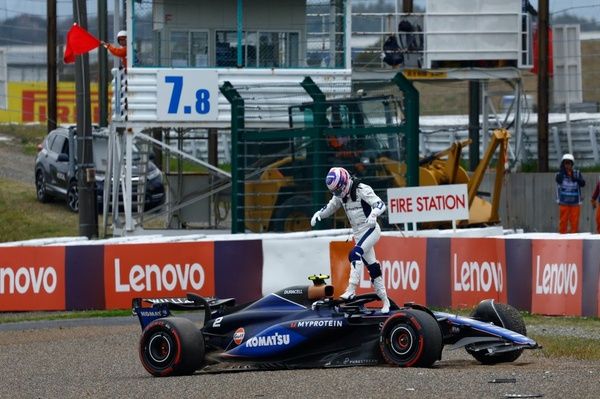Analysis: Back to the Future for Italian Banks
Does history repeat itself?

Does history repeat itself?
Italy's biggest banks, which are taking an increasingly active role as investors in some of the country's largest industrial groups, had better hope not.
In the most visibile intervention yet, Sanpaolo, IntesaBci, UniCredito and Banca di Roma are helping out Italy's largest industrial group Fiat with a 3.0 billion euros ($2.99 billion) convertible loan package. And merchant bank Mediobanca is heading a group paying 775 million euros for 34 percent of Fiat's Ferrari sports car maker with a view to floating it off before June next year.
The past year has also seen top banks put up cash, first to help the $6.14 billion Pirelli-led takeover of Olivetti, then Fiat's 5.5 billion euro swoop on industrial conglomerate Montedison. The Fiat bailout confirmed the banks' deepening involvement in the country's risky industrial power game, just when many of their European competitors are getting out.
While there are rationales for the banks' activism - from gaining power, through luring investment banking fees, to protecting troubled credits - some analysts are not convinced.
"The underlying idea of these banks injecting capital is not the best in terms of being shareholder friendly," said Paola Biraschi, an analyst at Lehman Brothers in London. "You are injecting capital in a business where you don't know whether you will be able to return capital."
Logic Not Always Obvious
The banks' last bid to muscle in on industry ended in disaster in 1929, as the value of their holdings collapsed, pushing them to the brink of failure. Fascist dictator Benito Mussolini's government stepped in 1933 to nationalise the banks and their company stakes, setting the stage for a dominant state role in the economy for the next 60 years.
"It wasn't a success story," said Marcello Messori, a professor and banking expert at Tor Vergata University in Rome. "They certainly helped Italy's industrial development, but most of all it showed the fragility of this kind of relationship."
More recently, their widening investment banking role recalls the one taken by Mediobanca, which long managed its spiderweb of cross shareholdings to maximise its own power rather than improve shareholder returns. Mediobanca for years held a central position in Italy's corporate and investment banking world, acting behind the scenes in many of the country's key business deals.
The increased involvement of the banks in two of the country's largest industrial groups also flies in the face of developments in Germany, where Deutsche Bank has flagged plans to sell off holdings worth some 15 billion euros, including DaimlerChrysler and industrial gases group Linde.
The logic behind some of the Italian banks' investments has not always been obvious.
IntesaBci and UniCredito paid 520 million euros each for 10 percent stakes in Olimpia, which effectively controls telecoms holding Olivetti through a 27 percent stake, last October. Olimpia paid about twice the market price for the shares at the time. Since then, Olivetti shares have lost 49 percent.
It is harder to evaluate the stakes held by Sanpaolo IMI, IntesaBci and Banca di Roma in Italenergia, which controls the country's largest private energy group Edison, worth six billion euros. The banks are slated to buy 14 pct of the holding from Fiat, which, added to their existing holdings, will make them its dominant shareholders.
Hands on The Wheel
When it comes to the Fiat group, most analysts argue that with one of their largest credits on the line, the banks had few alternatives to deeper involvement.
"It's a compromise between rigorous financial oversight and Fiat's political and industrial strategy," said Marco Vailati, a fund manager at banking group HSBC in Milan. "It's certainly not the worse situation, which would be a default on the credits."
The banks' role in Fiat will be anything but passive. Sources told Reuters last week that they are even likely to force the automaker to sell one of its highly prized assets, insurer Toro, if it misses stringent debt reduction targets.
And they are pressuring Fiat to sell its historic but money-losing auto division to General Motors when Fiat's put or sell option on the unit takes effect in 2004. But the banks have yet to reap one potential benefit of these stakes, the hefty investment banking fees on related corporate deals.
This week, for example, IntesaBci and UniCredito, both part of the Fiat rescue group, lost the potentially lucrative mandate to underwrite the IPO of Ferrari to a rival offer analysts say was too good to refuse - from past master Mediobanca.
Be part of the Autosport community
Join the conversationShare Or Save This Story
Subscribe and access Autosport.com with your ad-blocker.
From Formula 1 to MotoGP we report straight from the paddock because we love our sport, just like you. In order to keep delivering our expert journalism, our website uses advertising. Still, we want to give you the opportunity to enjoy an ad-free and tracker-free website and to continue using your adblocker.














Top Comments